
Can we talk?
Empower yourself to be healthy. #WomensHealth week is the perfect time to schedule that annual exam you’ve been putting off. Did you know that Pap tests lower the number of new cervical cancers and deaths by more than 80%. Regular screenings and check-ups save lives.
Well-woman visits include a full checkup, separate from any other visit for sickness or injury. These visits focus on preventive care for women, which may include:
- Services, like shots, that improve your health by preventing diseases and other health problems
- Screenings, which are medical tests to check for diseases early when they may be easier to treat
- Education and counseling to help you make informed health decisions
Staying healthy is more than well-women care. More than 75% of women 40 to 60 have at least one risk factor for heart disease, the most common cause of death in women in the United States. That’s why it’s a good idea to also have your blood pressure and cholesterol levels checked regularly.
Besides visiting a doctor for a checkup and preventive screenings, here are some other steps to stay healthy and happy:
- Get active
- Eat healthy
- Pay attention to mental health, including getting enough sleep and managing stress
- Avoid unhealthy behaviors, such as smoking or excessive drinking
- Stay safe while on the road: wear a bicycle helmet, fasten your seatbelt and never text while driving.
Under the Affordable Care Act, the health care reform law passed in 2010, many insurance plans now cover at least one well-woman visit per year at no cost to you. Plans must also cover some screenings and types of counseling.
For more information about preventive services covered by the Affordable Care Act, visit HealthCare.gov. Contact your insurance provider to find out what’s covered by your plan.
EFOF navigators are here to help you understand your health insurance coverage and make the most of your benefits. Call 877-553-7453 to make an appointment with a health care navigator to find out more.

Everyone benefits from regular physical activity, which can be anything that gets you moving. A good goal is 2 hours and 30 minutes of moderate activity each week but studies have shown that even less can bring mental and physical health benefits.
Start at a comfortable level. If you haven’t been active before and are concerned, ask your health provider what’s right for you.
What kinds of activity is good?
Try a combination of aerobic activities which make you breathe harder, causing your heart to beat faster, and muscle-strengthening activities like lifting weights, using resistance bands and push-ups.
In addition to getting physical, here are a few other things you can do to #GetHealthy: Eat healthy, manage stress, quit smoking and watch your weight.
Find more tips here: https://healthfinder.gov/HealthTopics/Category/everyday-healthy-living/physical-activity
 Only have 9 minutes? The New York Times has a full-body strength workout for you. Find out how: http://nyti.ms/2qmtkT2
Only have 9 minutes? The New York Times has a full-body strength workout for you. Find out how: http://nyti.ms/2qmtkT2
Need affordable health insurance? DYK? You can enroll year-round in a health marketplace plan through healthcare.gov if you qualify for a Special Enrollment Period. EFOF navigators are here to help. Call 877-553-7453 to find out more or go to http://www.efof.org/navigation.
The Affordable Care Act (ACT) requires that all health marketplace insurance plans cover treatment for pre-existing medical conditions. This means you can’t be rejected or charged more for your plans. Also, no insurance company can refuse to pay for essential health benefits for any condition you had before your coverage started. Once you’re enrolled, your plan can’t deny you coverage or raise rates based on your health.
The ban on discrimination based on pre-existing conditions extends to Medicaid and the Children’s Health Insurance Program (CHIP), also known as Kidcare, in Florida. You can learn more at https://www.healthcare.gov/coverage/pre-existing-conditions/
The Kaiser Foundation estimates that at least 52 million non-elderly adult Americans (27% of those under the age of 65) have a health condition that would leave them uninsurable under medical underwriting practices used in the vast majority of state individual markets prior to the ACA. Read more http://kaiserf.am/2q05U9M
In Florida, there are an estimated 3.1 million people with declinable pre-existing conditions, or 26 percent of the non-elderly population
Before the Affordable Care Act (ACA), people with a “declinable” or pre-existing conditions which automatically be denied coverage in the individual market insurance. Even if health insurance was obtainable, it could come with a high deductible or premium cost, or coverage exclusion for certain services or medications.
Prior to the ACA’s protections for person’s with pre-existing conditions, insurers also had a list of declinable medications, from blood thinners to anti-inflammatory medications for arthritis and medications used to treat anything from cancer to diabetes to mental health. There also declinable occupations – anything from iron workers to professional athletes to taxi drivers or window washers.
People who may have pre-existing conditions – including those with Epilepsy, cancer survivors, and those who struggle with complex and costly illnesses such as diabetes or asthma, want to make sure they can continue to be covered under reforms currently being considered by Congress.
The New York Times recently reported that people with pre-existing condition are worried they won’t be covered under reforms to the ACA being considered by Congress:
While insurers would not be able to deny coverage altogether under the Republican bill, the revised legislation allows states to seek a waiver from the existing rule that requires them to charge the same price to everyone who is the same age in the same region, regardless of how healthy they are. People who went uninsured for 63 days or more in the previous year could be charged based on their health status and see their premiums increase sharply. Healthier people might see their prices drop.
States would need to find another way to cover people with serious medical conditions to get a waiver. This might include a reinsurance program or a high-risk pool. Before the ACA, 35 states had high-risk pools but they only covered a small percentage of people needing coverage, according to a Kaiser Family Foundation analysis.
Read more: https://www.nytimes.com/2017/05/02/health/obamacare-patients-preexisting-conditions.html
Under the proposal that passed the US House of Representatives and will now be considered by the US Senate, insurers can’t deny coverage outright but they could increase premiums. The AARP estimate premiums could rise to $25,700 per year for people in high-risk pools.
 People who receive insurance through their employer would not be affected.
People who receive insurance through their employer would not be affected.

The Epilepsy Foundation of Florida (EFOF) leads the fight to overcome the challenges of living with Epilepsy and to accelerate therapies to stop seizures, find cures, and save lives.
You can help by participating in our annual fundraising campaigns at the Walk-the-Talk events. This weekend: Saturday, May 6 in Miami and Sunday, May 7 in Broward County. On May 20, there will be another great event in Jacksonville, Florida.
 By joining our walk you will be helping us to continue our fight against Epilepsy and its challenges. We’re in this together !
By joining our walk you will be helping us to continue our fight against Epilepsy and its challenges. We’re in this together !
Learn more and register on our website: http://www.efof.org/walkthetalk.
These events benefit more than 400,000 people living with Epilepsy throughout Florida. Did you know that 1 in 26 people are diagnosed with Epilepsy sometime in their life?
Learn more in this informative video: http://sflcw.com/2017/05/01/inside-south-florida-walk-the-talk-for-epilepsy/

EFOF Navigators are here to help you “Put Your Health First” through our #Coverage2Care education campaign. Here are a few things to consider:
Maintain a healthy lifestyle at home, work and in the community. Take an active role in making healthy choices everywhere you go by:
- Making time for physical activity.
- Making healthy eating choices.
- Relaxing and getting enough sleep
Want to learn more? Follow this blog for #HealthTips ad #Coverage2Care updates.
Cal EFOF at 877-553-7453 to speak to a licensed healthcare navigator or visit http://www.efof.org/navigation to find affordable healthcare options.
More people say they struggle w/ #healthcosts, including deductibles, premiums, prescription drug costs, than in 2015, according to a new poll commissioned by the Kaiser Health Foundation.

The report tracked a significant minority of individuals is emerging that say they are worried about their ability to afford healthcare in the future. Some people have taken to rationing care or medications or postponing healthcare altogether.
Those most worried about paying for care are the uninsured, those with lower income, and those in poorer health. These worries were most expressed by women and members of racial minority groups, the report said.
The difficulties in meeting costs run across all aspects of health insurance with people reporting trouble paying their deductible, premiums and other cost-sharing required by their health policies. Many have resorted to cutting back on food, clothing and other basic expenses to pay for medical bills.
See the full report at http://kaiserf.am/2pWkUBo

Outside of open enrollment, EFOF’s licensed navigators focus on answering consumers’ questions about their health care coverage and continuing to ensure that consumers know about all of the benefits available to them. Our #Coverage2Care work, for example, can help consumers figure out how to pay their first premiums. If consumers are unsure about their benefits, navigators can help them understand what their plan covers. Key terms like “deductible” and “coinsurance” are explained as well as how to make the most of a doctor’s visit, identify key network providers, get a prescription filled or use emergency services. We’re here to help! Call 877-553-7453 to get the assistance you need or visit www.efof.org/acanavigation.





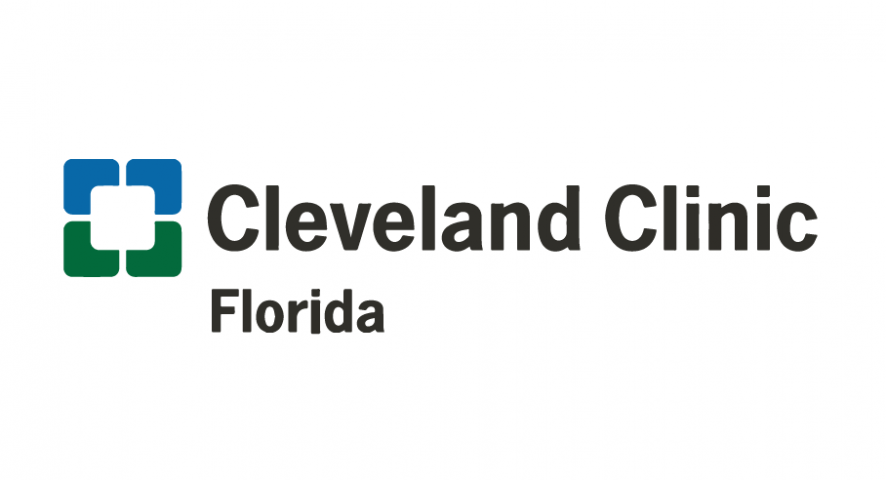

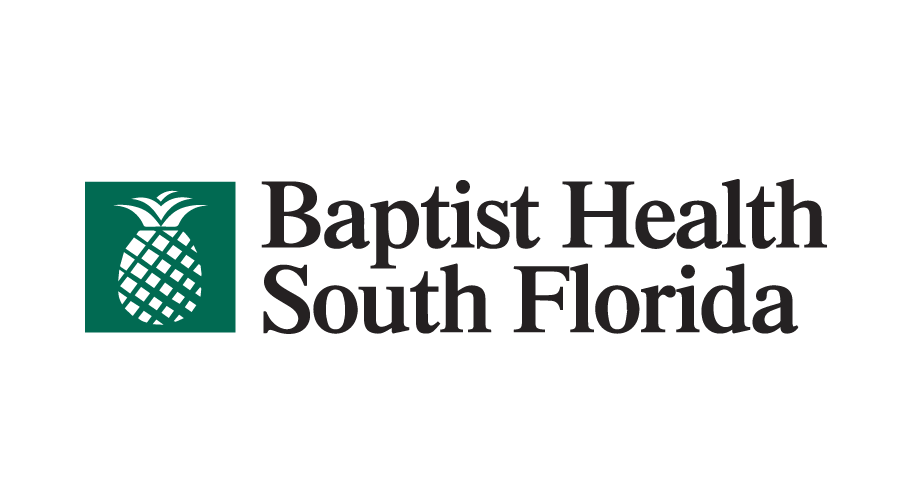
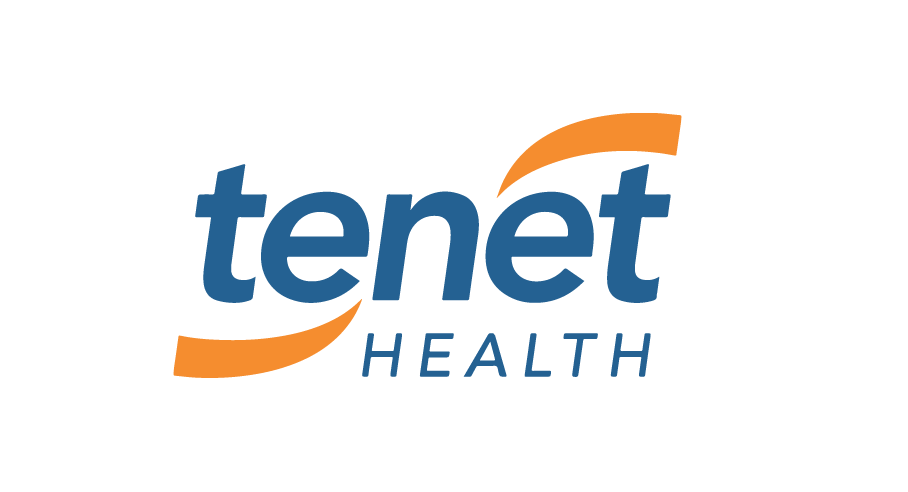
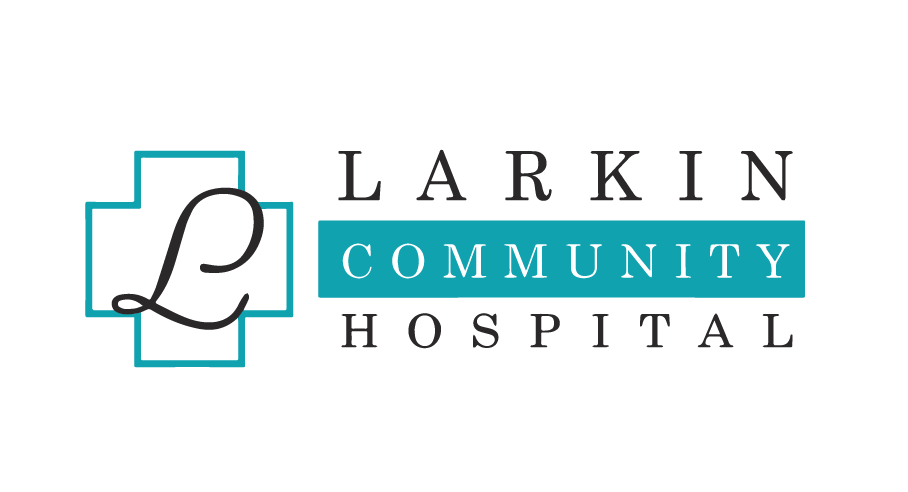
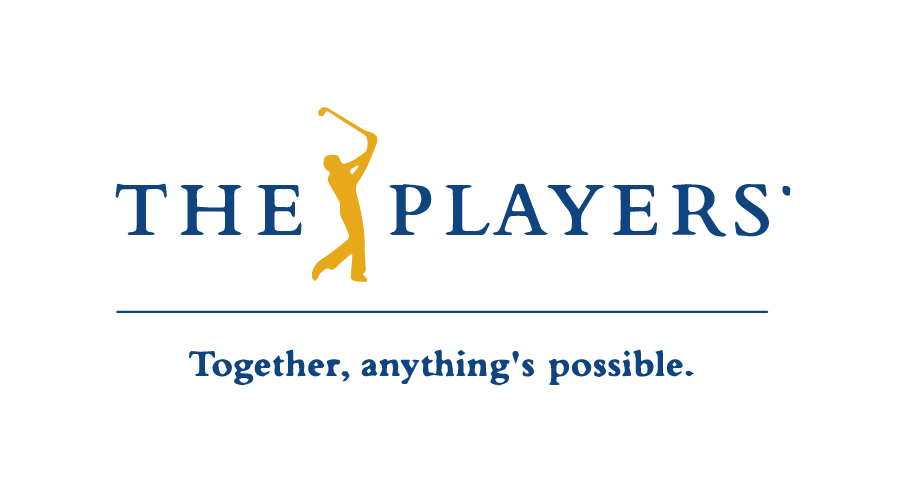
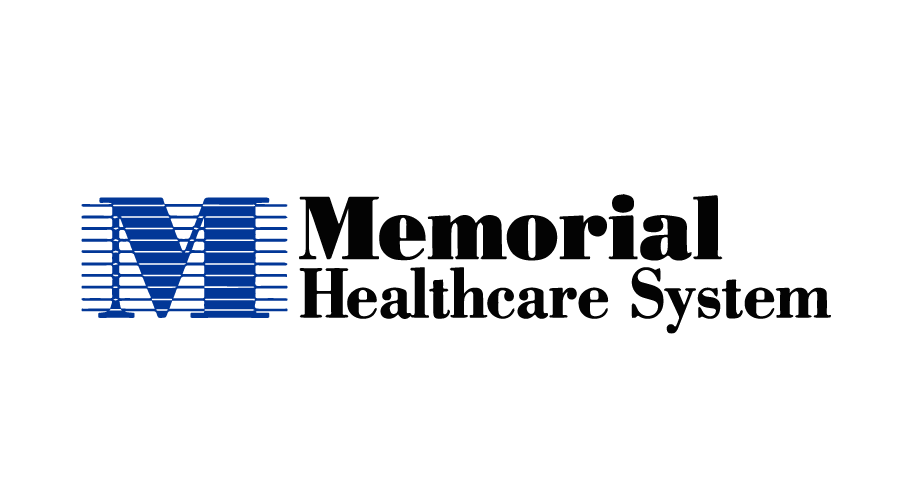



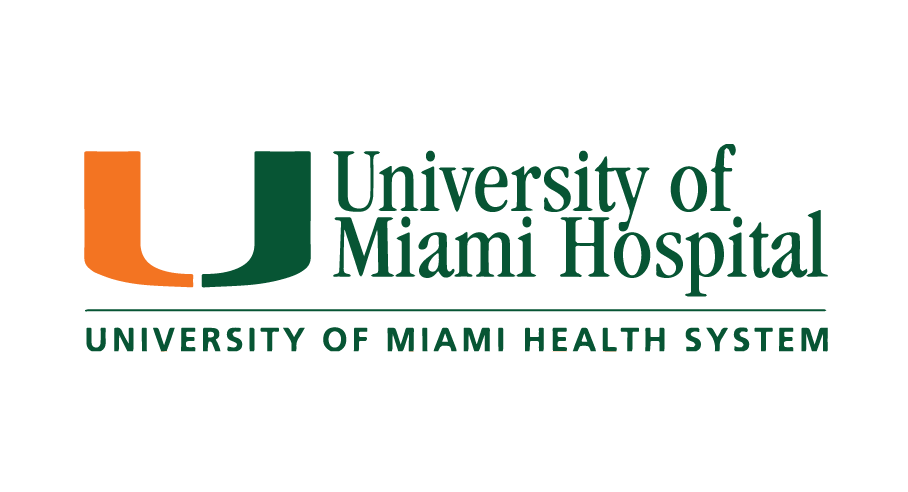



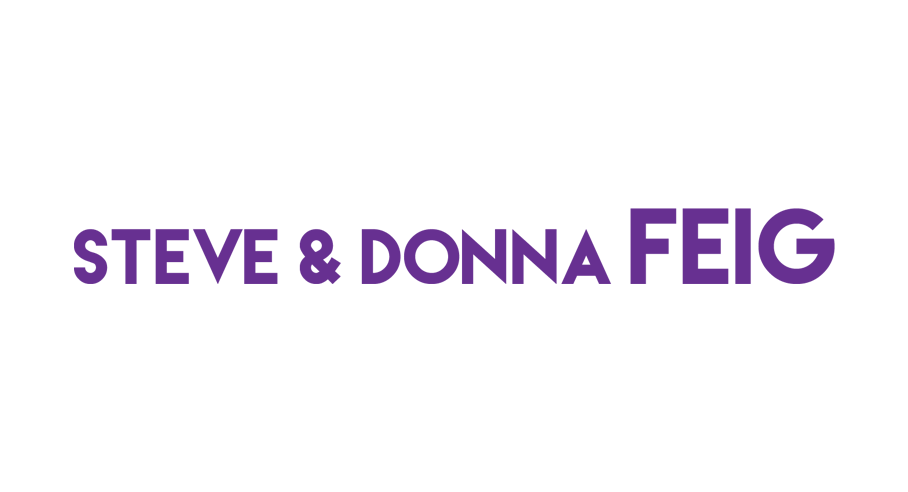

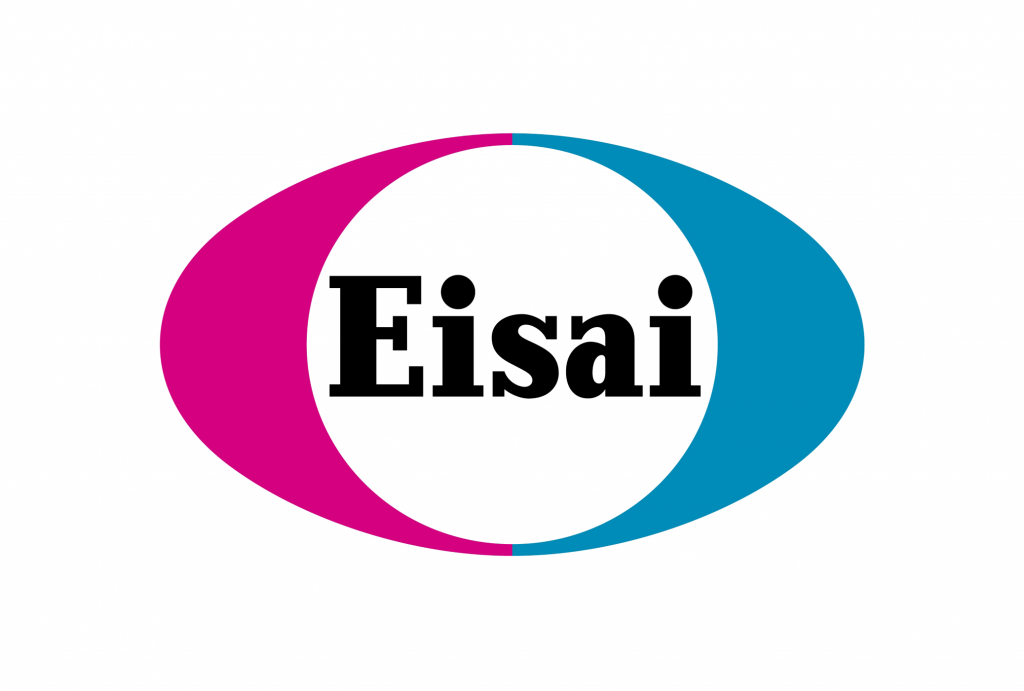

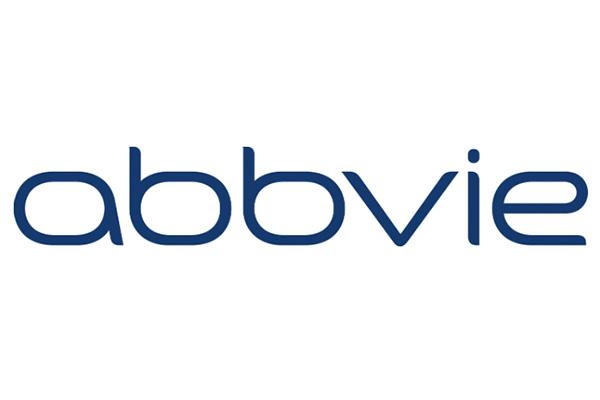
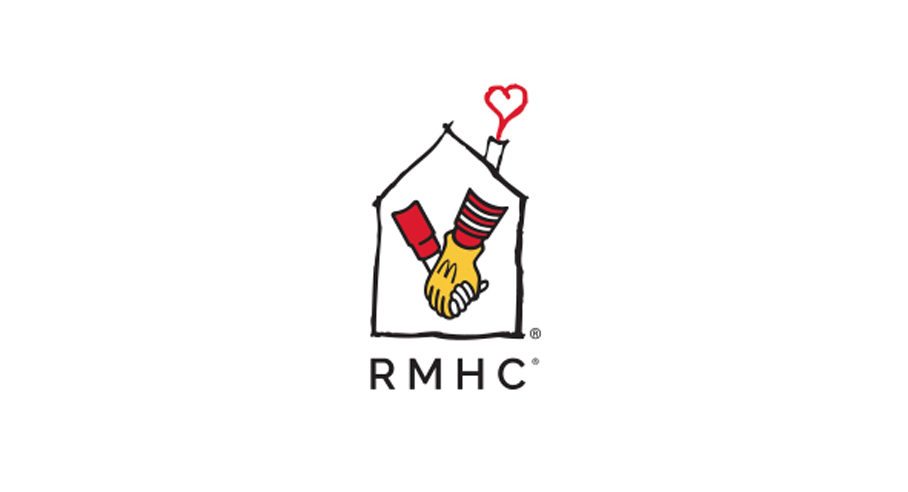
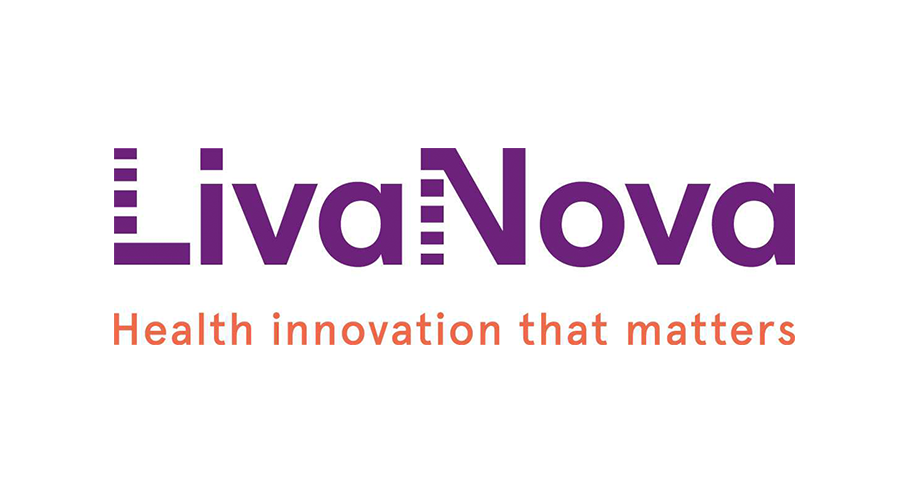

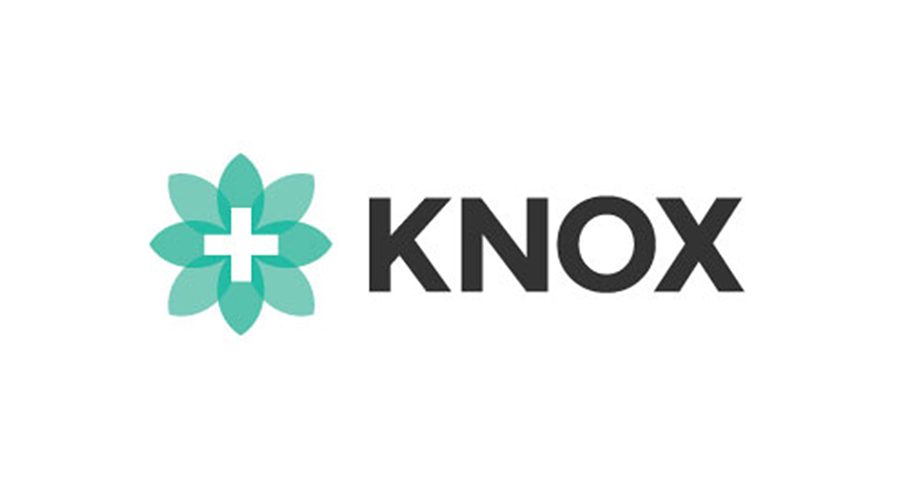

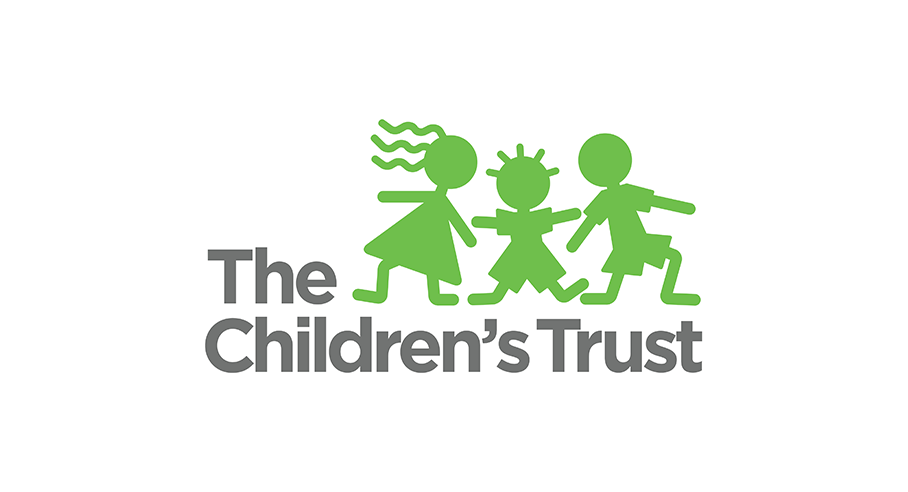





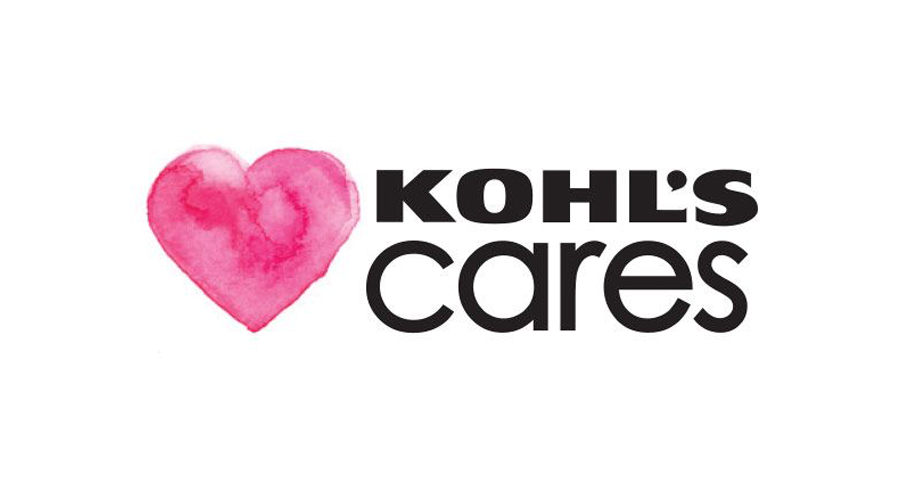
Post a comment